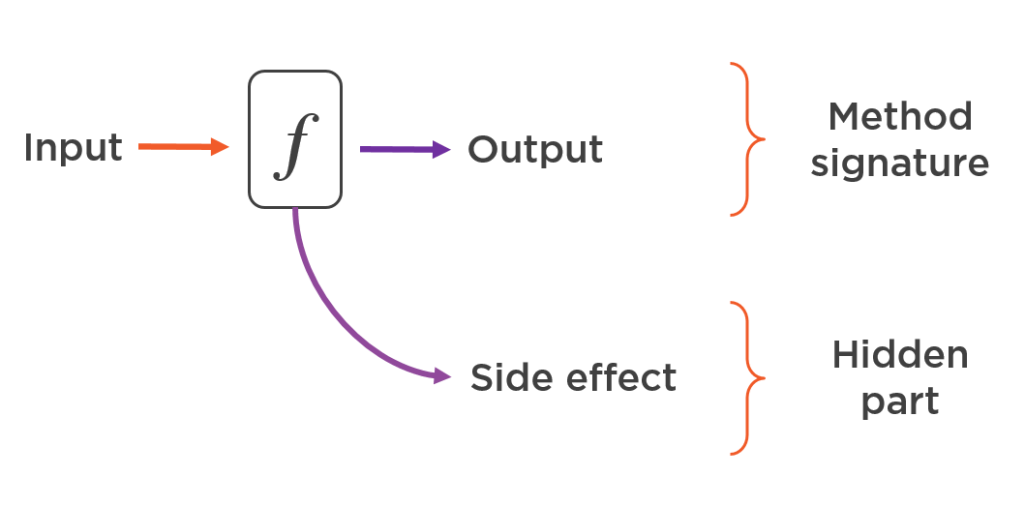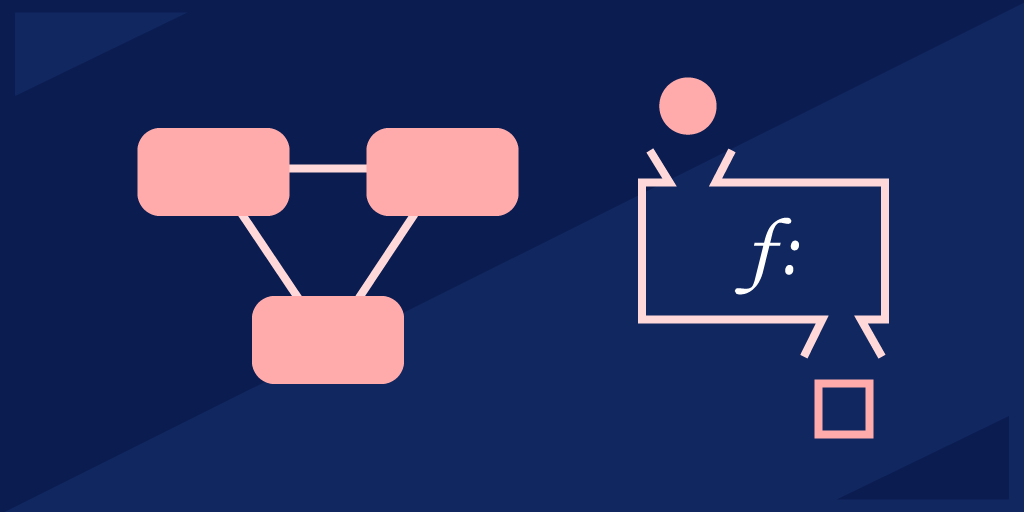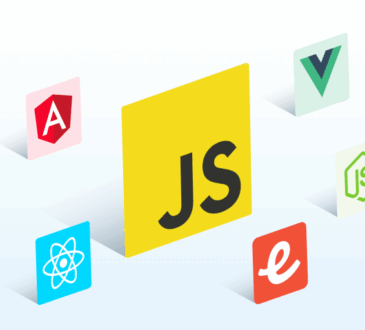
In the fast-paced world of startups, you’d expect to see languages and frameworks that promise rapid prototyping and ease of use — and you still do. But in 2025, a surprising trend is emerging: more startups are embracing functional programming (FP) — a paradigm long associated with academia, large enterprise systems, or “purist” developers.
So, what’s driving this shift? Why are nimble startups — where speed and flexibility are essential — leaning into a paradigm known for its rigid structure and steep learning curve?
Let’s explore the reasons behind this growing adoption and what it means for modern software development.
🚀 1. Functional Programming Boosts Reliability from Day One

Startups don’t just need to move fast — they need to avoid breaking everything while doing it. That’s where functional programming shines.
FP emphasizes:
- Immutable data structures
- Pure functions (no side effects)
- Strong type systems
These traits make bugs easier to avoid, test, and reason about — a huge advantage for small teams who can’t afford entire QA departments.
“We moved from JavaScript to Elixir for our backend, and within two months, our support tickets dropped by half.”
– CTO at an early-stage SaaS company (2025)
With fewer moving parts and more predictable code, startups are realizing that the up-front learning curve pays dividends in long-term maintainability and stability.
🧠 2. AI + FP: A Natural Fit

In 2025, most startups — even non-AI companies — are building or integrating with AI-powered features. From chatbots to recommendation engines, machine learning is part of the product.
Functional programming’s statelessness and deterministic behavior make it easier to:
- Train, validate, and debug models
- Implement data pipelines
- Write reproducible, modular AI workflows
Languages like OCaml, Haskell, and Scala are seeing a renaissance among AI startups. Even Python-heavy shops are adopting functional styles (with libraries like toolz, fn.py, and pyrsistent) to better handle ML experimentation and production.
Bonus: Functional code integrates well with LLM-driven tooling, because it’s easier for AI to reason about and refactor pure functions than complex, stateful systems.
🌐 3. The Rise of FP-Friendly Languages and Frameworks
Startups aren’t switching en masse to Haskell overnight. But what they are doing is adopting languages with functional-first support that blend modern productivity with FP principles.
Examples:
- Elixir: Functional, concurrent, and fault-tolerant — a top choice for real-time startups (chat, fintech, multiplayer).
- F# and Scala 3: Bringing functional features to the .NET and JVM worlds.
- TypeScript + Functional Libraries: With libraries like
fp-ts, even JavaScript-heavy startups are embracing FP patterns. - Rust: While not a pure FP language, its borrowing and ownership model often pushes developers toward functional design.
The ecosystem has evolved: it’s now easier to build production-grade software in an FP-friendly style without sacrificing tooling, community, or hiring.
🏗️ 4. Building for Scale Without Rewriting Everything

Startups want MVPs fast — but not so fast that they’ll have to rewrite the whole system when they scale.
Functional code is:
- Modular
- Composable
- Easier to refactor
This makes it easier to scale codebases, not just infrastructure. FP lets you build flexible, testable systems from the start — so that your v1 can grow into a v10 without collapsing.
“We used functional core, imperative shell in our architecture. It let us keep experimenting on the edges without breaking the core logic.”
– Founding Engineer at a logistics startup
That ability to change fast but safely is startup gold.
💡 5. FP Encourages Better Developer Habits
Hiring at a startup is hard. Time and budget constraints mean you can’t always onboard 10x engineers. But functional programming enforces a level of discipline that helps even small teams punch above their weight.
Functional code encourages:
- Clear input/output boundaries
- Fewer side effects and global variables
- More tests (and easier to write)
This helps prevent “spaghetti code” from creeping into the codebase — even as product and team complexity grow.
Also, functional paradigms like algebraic data types, pattern matching, and monads (yes, them!) are becoming more mainstream thanks to AI coding assistants that help with boilerplate and type juggling.
🌍 6. Global Teams = Stateless Code Wins

As more startups operate remotely across time zones, stateless functional systems are easier to manage and debug.
Imagine you’re debugging a production issue with a developer who’s asleep 10 time zones away. Functional programming — with pure functions, deterministic behavior, and testable modules — gives you a fighting chance to resolve it without needing a full context download.
Plus, frameworks like Elixir’s Phoenix LiveView or Rescript (a functional JS alternative) enable teams to collaborate on real-time apps with less state sync pain and fewer surprises.
📈 FP Isn’t Just Cool — It’s Practical in 2025
Here’s what’s different now versus five years ago:
| 2018–2020 | 2025 |
|---|---|
| “FP is elegant, but slow to build with.” | “Our Elixir backend handles 100K concurrent users with 2 engineers.” |
| “Too hard to hire FP developers.” | “Thanks to AI pair programmers, onboarding to FP is easier than ever.” |
| “Not enough libraries.” | “Modern FP ecosystems have full-featured HTTP, DB, and cloud tooling.” |
| “We’ll rewrite in FP someday…” | “We’re building from day one with functional principles.” |
What used to be theoretical and academic is now battle-tested and startup-friendly.
🚧 What’s the Catch?
No trend is without trade-offs. Startups adopting FP should still be mindful of:
- Learning curve: While AI tools help, onboarding to FP can still slow teams down initially.
- Library ecosystem: Not every domain (e.g., graphics, niche APIs) is equally well supported in FP-heavy languages.
- Hiring: While better than before, hiring experienced FP developers can still be a challenge in certain markets.
That said, the pain points are shrinking, and the long-term payoffs are becoming clearer every year.
🔮 Final Thoughts
Functional programming is no longer the obscure cousin of imperative coding — it’s becoming a pragmatic, strategic choice for startups looking to build reliable, scalable software quickly.
By enforcing discipline through design and simplifying state and concurrency, FP lets small teams do more with less — and do it safely. In a world where every startup is effectively a software company, that reliability can mean the difference between scaling and stalling.
If you’re starting something new — or trying to clean up something old — now might be the time to give FP a real shot. Not for the theory. Not for the purity. But for the speed, safety, and sanity it brings.




